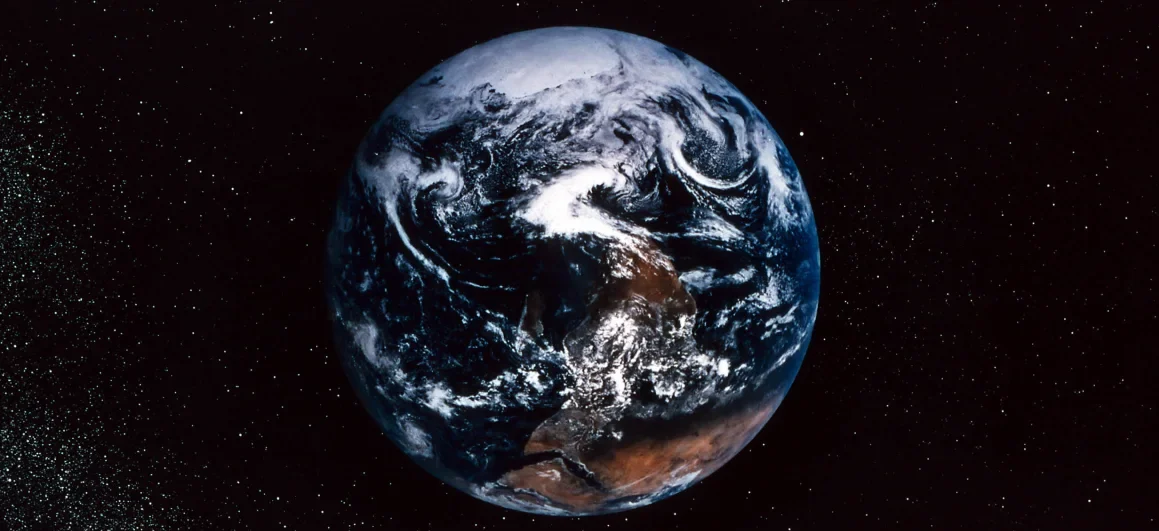Shifting our weight
Melting polar ice is having a significant impact on the Earth’s rotation, causing it to slow down in a way that is unprecedented. As the ice melts and the meltwater moves from the poles toward the equator, it shifts the planet’s mass distribution, similar to a figure skater bringing their arms down and slowing their spin. This shift in mass has been large enough to noticeably affect the entire rotation of the Earth.
The changes in Earth’s rotation are also impacting global timekeeping. The melting ice is delaying the addition of a “leap second” to clocks by about three years, pushing it from 2026 to 2029. Leap seconds are occasionally added to keep clocks aligned with the planet’s rotation. However, the processes happening deep within the Earth’s core are also contributing to the overall speed-up of the planet’s rotation, making the timing of when to add a leap second increasingly unpredictable.
While the impact of melting ice on the Earth’s rotation may seem like a minor issue, it highlights the profound ways in which human-caused climate change is altering the fundamental workings of our planet. The fact that our activities have become large enough to measurably change the rotation of the entire Earth is a sobering reminder of the scale of the climate crisis we face.
